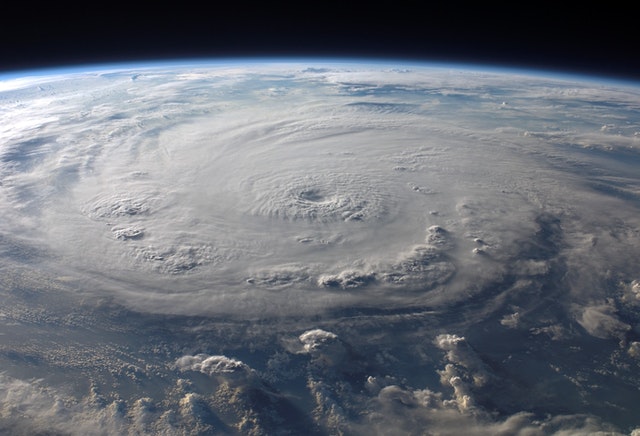Is Your Home or Business Hurricane-Ready?

Hurricane Laura may have missed most of Texas, but we’re not out of the woods yet. The Atlantic hurricane season lasts through Nov. 30. Is your home or business ready for a natural disaster? Here are some tips to follow.
Know Your Risk
Hurricanes aren’t just a coastal problem. Hurricane damage can happen almost anywhere. A hurricane making landfall at a high speed has the power to move a long distance, leaving a wide swath of wind and hail damage, heavy rainfall, and flooding in its path. It is important to start preparing now, and keep in mind how COVID-19 can affect your plans at this hurricane season.
Are You Adequately Insured?
Property insurance is a necessity to recover from natural disasters — but remember that it doesn’t cover flooding. You can purchase a special flood policy from your insurance provider. Homeowners should confirm they are covered for alternative living arrangements in case their home is temporarily rendered uninhabitable. See our post — “Do you have adequate homeowner’s Insurance?”
Prepare Your Business
If you own or lease a business property, you need to prepare it as well. This includes having adequate insurance to cover the costs of getting facilities up and running quickly after a loss and to cover the business interruptions likely to ensue after a catastrophic weather event. Make sure you have a contingency plan in place as well to avoid any unnecessary interruptions, and communicate the plan to your employees.
Plan for Evacuation
Hurricanes can be capricious. Sometimes, you have a couple of days to prepare, but a sudden turn or increase in velocity can make immediate evacuation necessary. Find out where your evacuation centers are located, keeping in mind that COVID-19 may have changed some shelter guidelines this year.
Make sure your documents such as insurance policies and identification are up-to-date. It is also a good idea to keep an inventory or photo log of valuables and other building contents. Make copies and keep them in a protected digital area such as Google Docs.
Fortify Your Buildings
Bring in any outdoor furniture or equipment to avoid it being thrown through your windows. Clean out rain gutters and drains. If you have hurricane shutters on your windows, use them. If you have a fortified sheltering space, make sure it is adequately stocked with basic supplies such as food, water and medical items.
Stay In Communication
Make sure all of your portable electronic devices, such as cell phones, laptops and portable radios, are fully charged so you can keep up with all of the latest bulletins. Consider buying a portable charger or solar charger.
After the Disaster Passes
It’s time to take stock of how much damage your home or business has sustained and begin the claim filing process. The sooner you file your claim, the sooner you can begin to recover.
Keep in mind that an insurance claim is a business transaction, and you may not see eye-to-eye with your insurer. Although you’re expecting to receive full benefits, it’s the insurance company’s goal to pay out as little as possible. The insurer may attempt to obfuscate details with unclear or confusing language or use other delay tactics.
“Insurance companies often attempt to deny, delay or underpay claims,” says Pearson Legal Senior Counsel Carrie D. Holloway. “Our attorneys have many years of combined experience representing individuals and commercial policyholders.” This includes homeowners, school districts, condominiums/mixed use/HOAs, churches and industrial properties.
If your insurance company refuses to cooperate in making you whole, contact us.


